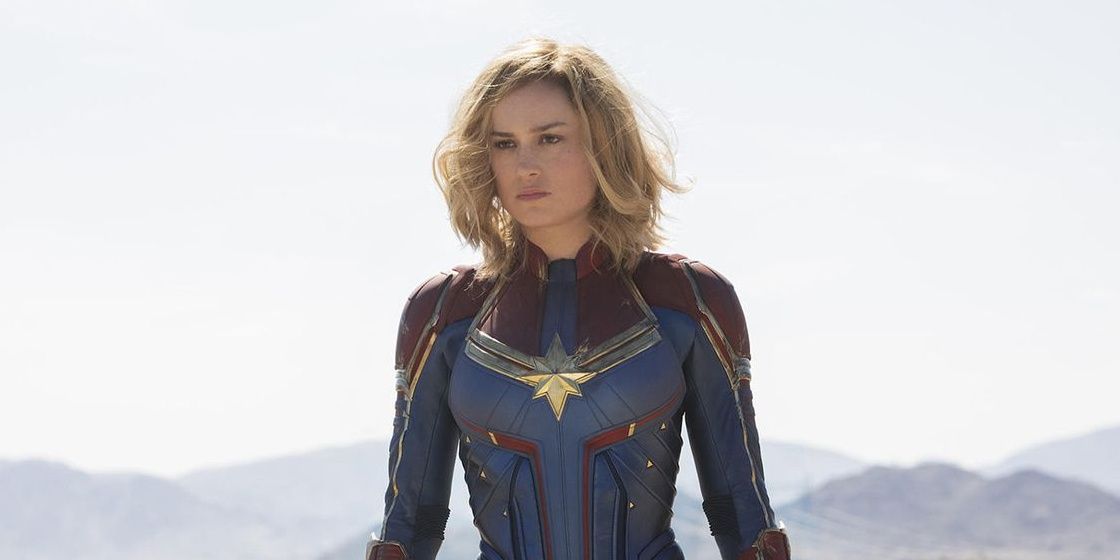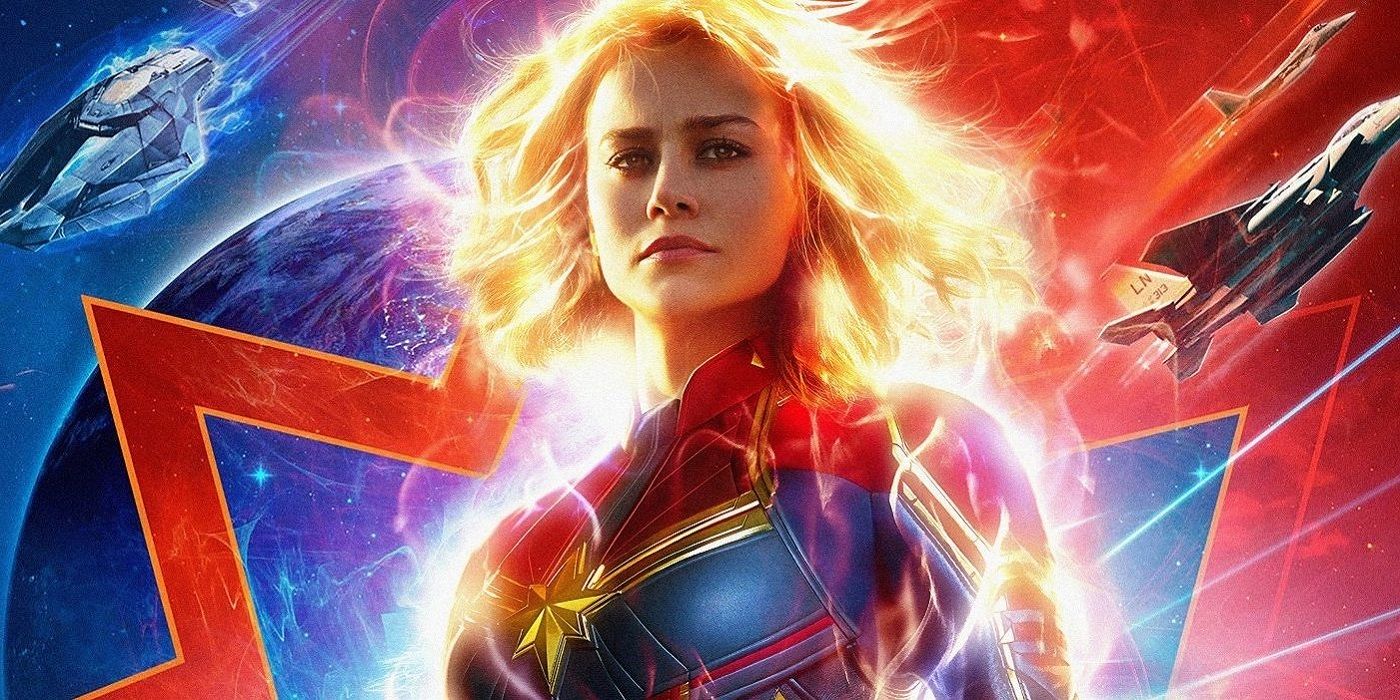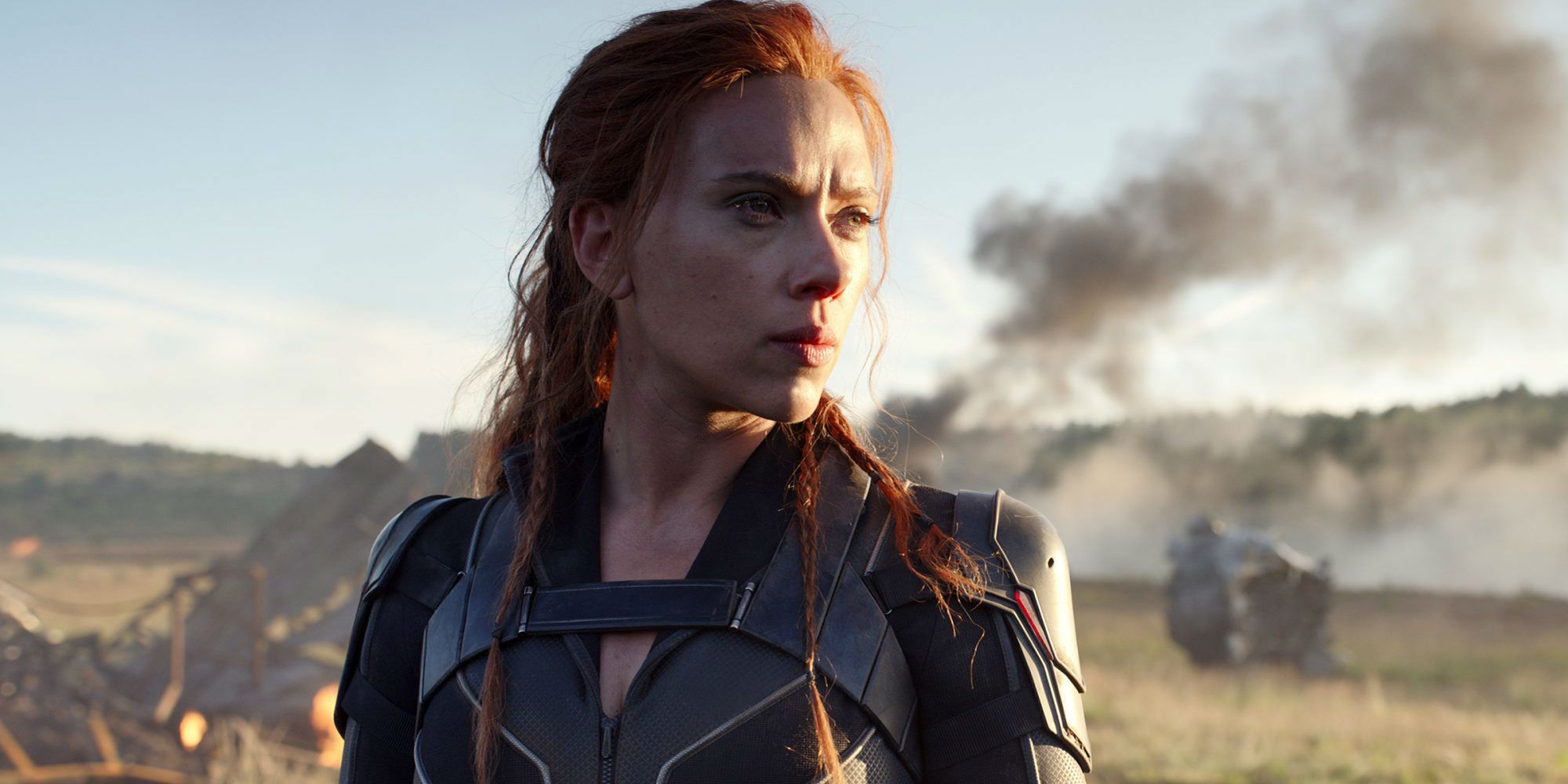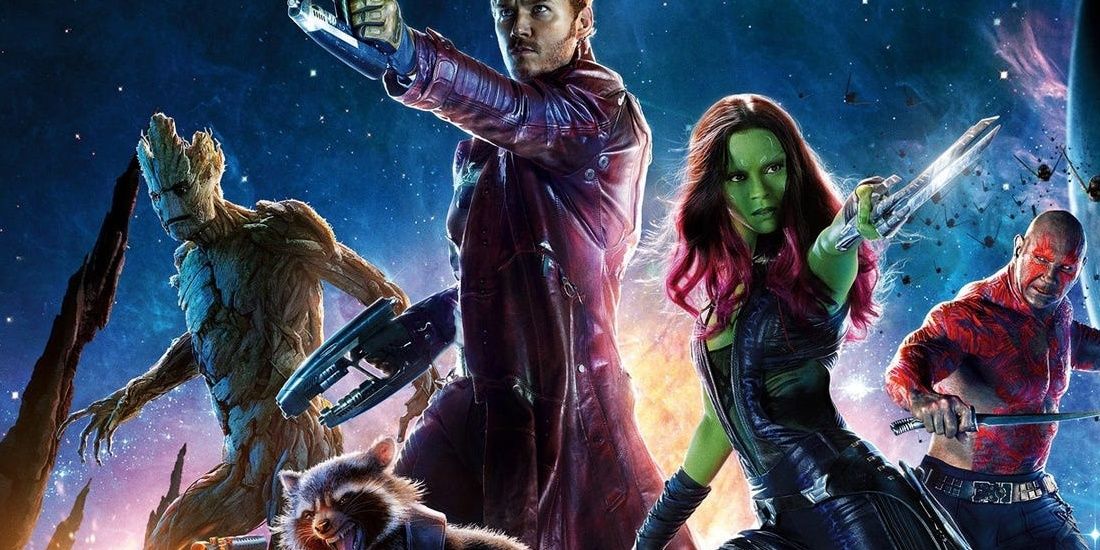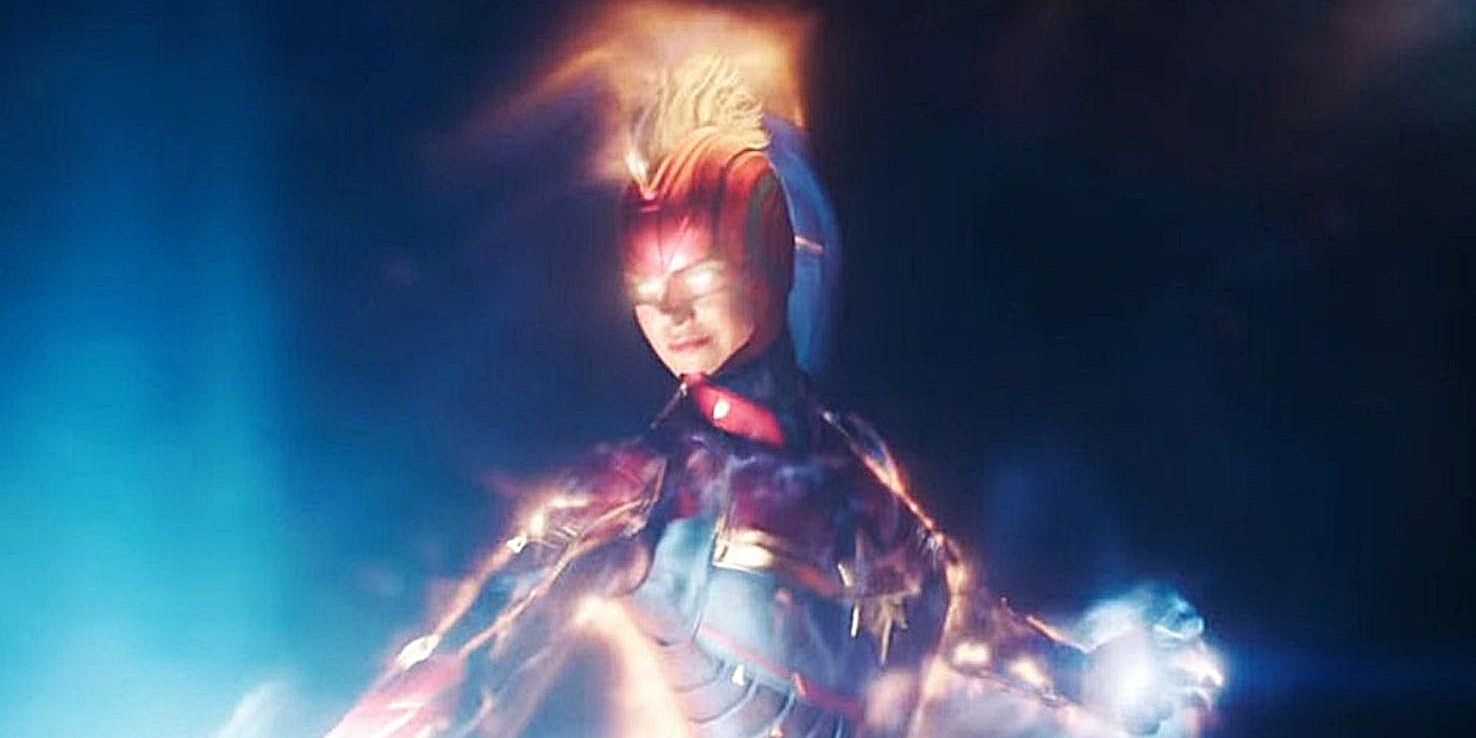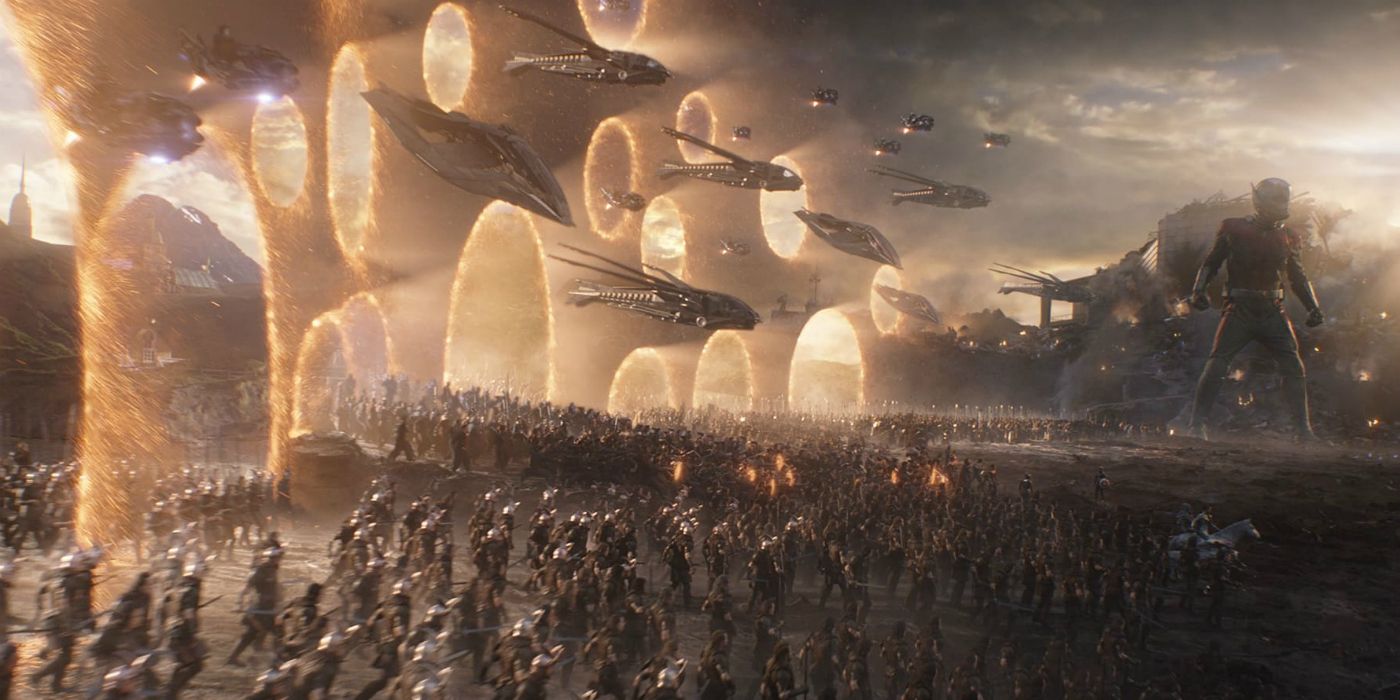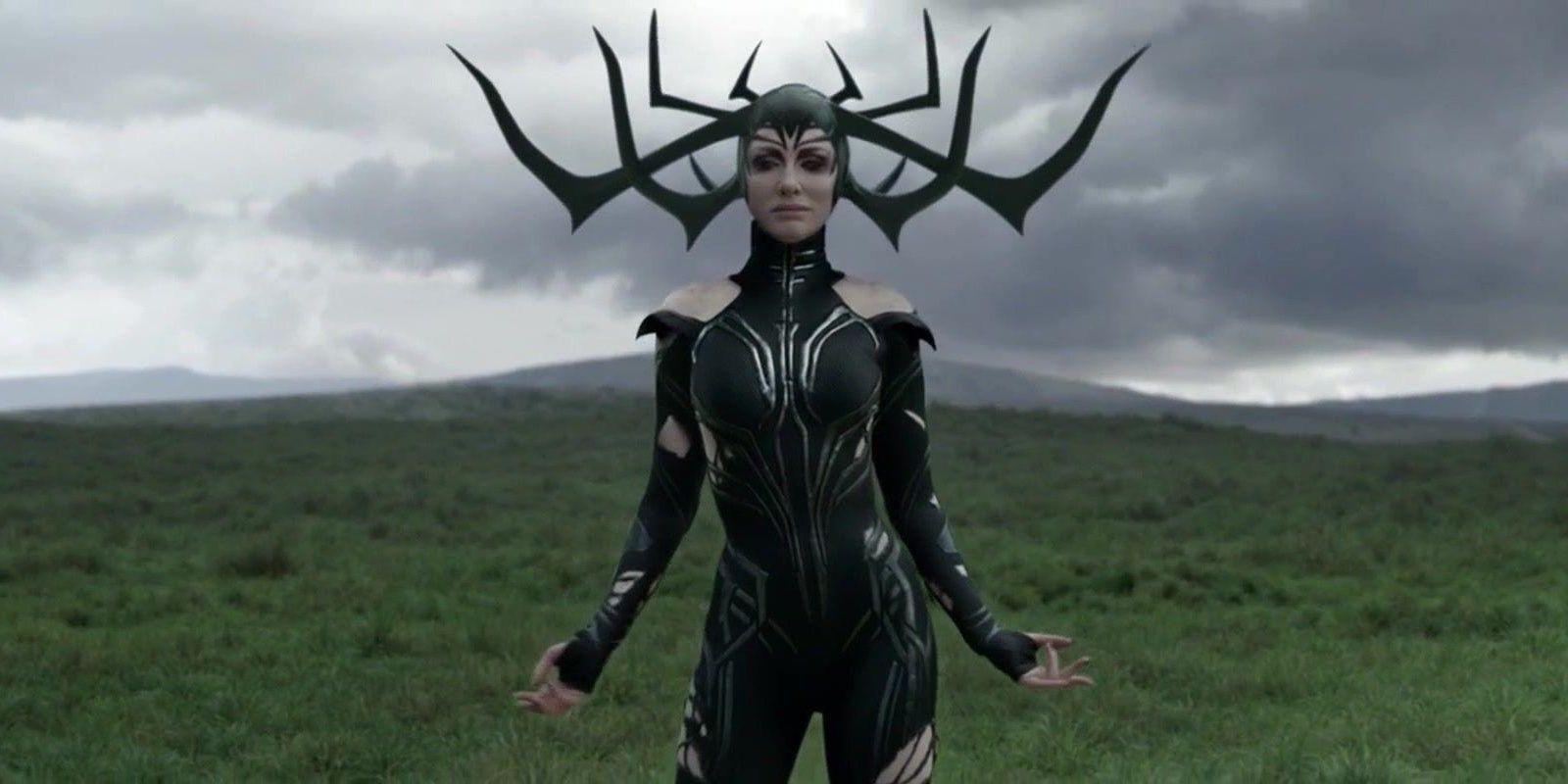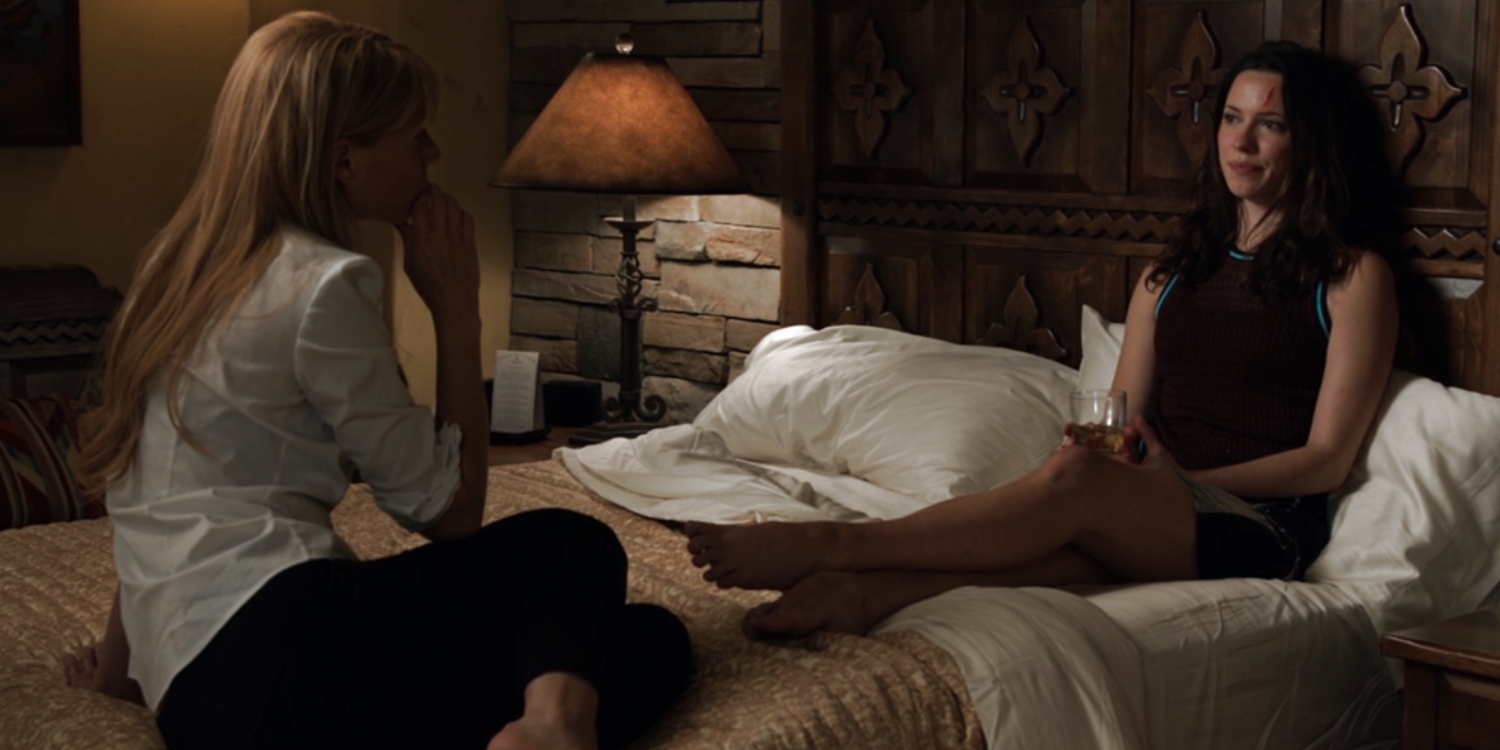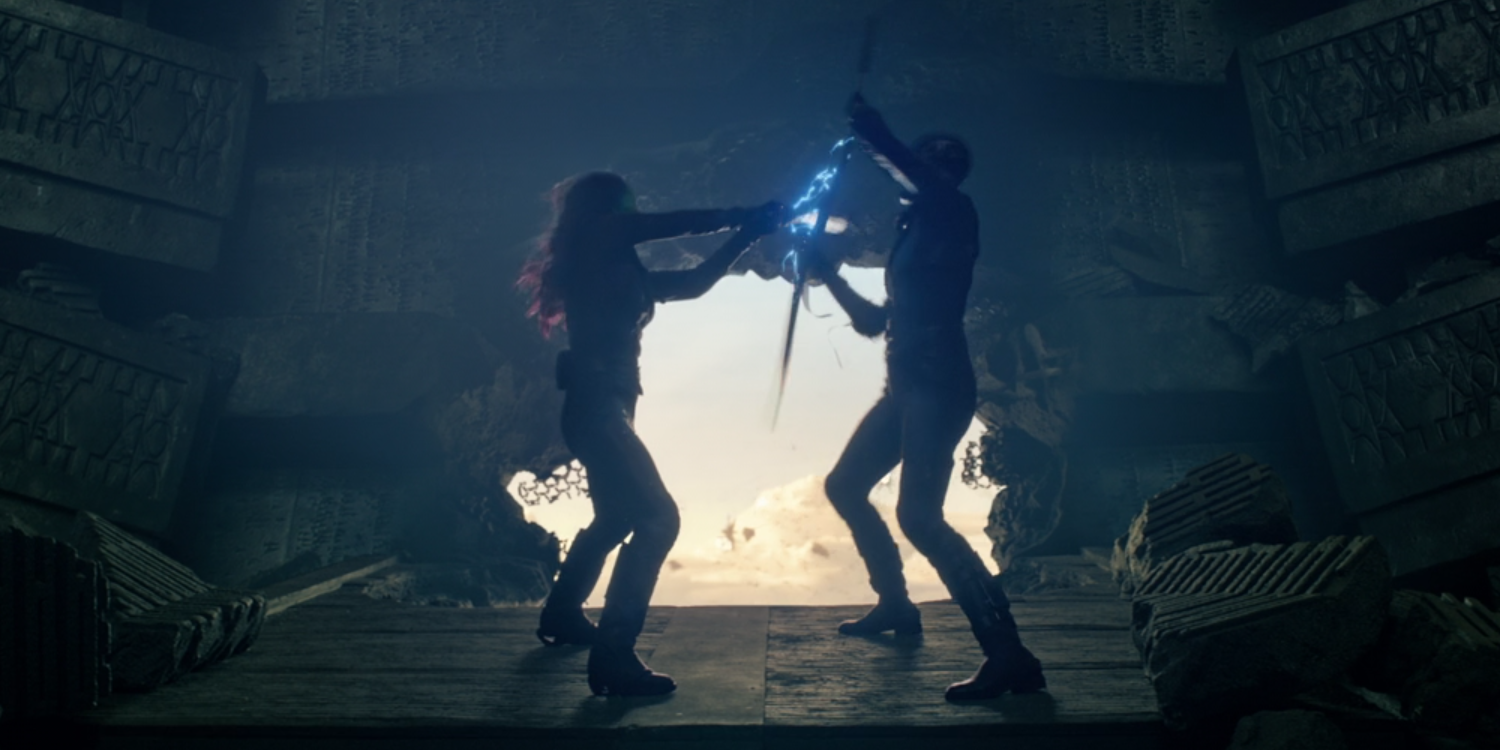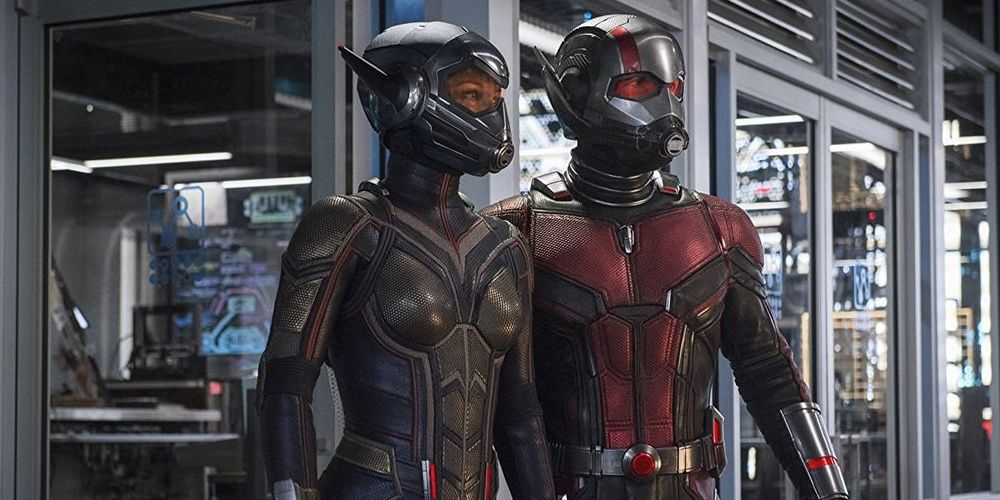During its 11 years and counting on the big screen, the Marvel Cinematic Universe, like the rest of the film industry and the world, has undergone a number of changes. One in particular has been its representation of women, with Marvel attempting to veer away from its status as part of the "male genre" to become more inclusive.
Although the studio has been criticized for its lack of gender diversity, the women of Marvel have been getting the chance to shine. Both fan favorite heroes on screen and the real-life heroes behind the scenes have been breaking down walls that stand between women and the future of superhero films.
First Female-Led Film
One of the more noteworthy additions to this list, Captain Marvel made waves when it was released in 2019, a full 11 years into the MCU. Of course, the titular character was far from being the first female Avenger, but she was the first woman in this universe to have an entire film dedicated to her story.
The film was a box office success, becoming the highest-grossing female-led film of all time. Its opening weekend gross surpassed that of all prior MCU films except Infinity War. Although her delayed start has allowed for considerably less screen time, Carol Danvers was a major player in the final Avengers: Endgame battle, and fans are anticipating her sequel, scheduled for a 2022 release.
First Female Co-Director
It seems appropriate, then, that Captain Marvel was also the first of the MCU films to have a woman in a director's chair. Anna Boden directed the film alongside her collaborative partner Ryan Fleck. The two also co-wrote the script with Geneva Robertson-Dworet.
This marked the filmmaking pair's MCU debut, though the Hollywood Reporter revealed that they were originally considered to helm Guardians of the Galaxy before the studio decided on James Gunn. They had previously been known for directing the critically acclaimed Half Nelson, and the team would go on to direct episodes of the star-studded limited series Mrs. America.
First Solo Female Director
It makes sense that the first female Avenger's long-awaited solo film also boasts the MCU's first solo female director. Cate Shortland has been in the film and television industry for over 20 years, garnering critical acclaim as both a writer and a director.
Black Widow is currently set for a 2021 release date, 11 years after the character's initial introduction. Set after the events of Captain America: Civil War and Avengers: Infinity War, the film will offer an action-packed look at Natasha's pre-Avengers family and an emotional confrontation with her past.
First Female Co-Writer
Long before James Gunn was chosen to pilot the Guardians of the Galaxy ship, the idea of the intergalactic crime-fighting team on the big screen originally sprung to life in the hands of Nicole Perlman. She first drafted her idea of the Guardians' story while in Marvel's writer's program at a time when the property was one of Marvel's lesser-known. She told Time that Marvel then asked her for a second draft, at which point Gunn took over the project.
She also acknowledges that it's completely plausible that there have been other female writers who had uncredited roles working on previous Marvel scripts, as Perlman herself had worked on 2011's Thor without a credit. Nonetheless, she currently has the highest average IMDb rating of any MCU writer, earning her place as not just "a woman writer" but simply "a writer."
First Female Screenwriter
In January 2020, it was revealed that Megan McDonnell had been hired to write the script for Captain Marvel 2. The writer's previous credits include her work as part of the writing team for the upcoming MCU series WandaVision.
As the sequel is not expected to be released until 2022 at the earliest, fans may not be getting their hopes up quite yet, remembering the turnaround Marvel made with Black Widow, announcing Eric Pearson would be the screenwriter, not Jac Schaeffer as had been previously reported. However, if McDonnell stays on as planned, she will have reached the milestone as the first solo female writer of an MCU film.
First Female Stunt Coordinator
In a film series as action-heavy as Marvel's films, the role of a stunt coordinator is invaluable. During the production of Avengers: Endgame, the MCU finally found its first female lead stunt coordinator in Monique Ganderton. If overseeing all the stunts in the film, including the enormous final battle scene, wasn't enough, Ganderton also doubled for Carrie Coon as Proxima Midnight.
The veteran stuntwoman has a long list of prior MCU stunt credits, including Civil War, Infinity War, and Captain Marvel, as well as other blockbuster films, like The Hunger Games, Suicide Squad, and Atomic Blonde.
First Woman As A Main Villain
Four years after Iron Man 3's misguided switch from Maya to Aldrich Killian as the main antagonist of the film, Thor: Ragnarok finally introduced the MCU's first (and only) female villain: Hela, the Goddess of Death.
After being trapped in Hel by her father Odin for a millennium, Hela learns that the Nine Realms had all but forgotten her role in the history of how Odin came to rule over them. She proves to be more powerful than both of her brothers. Able to wield Mjolnir and slaughter entire armies, Hela presents to Thor a challenge unlike any he had faced before.
First Film To (Indubitably) Pass The Bechdel Test
The Bechdel Test consists of a set of simple guidelines that are used to measure female representation in cinema. In order to pass the test, a movie must feature a) at least two named women who b) talk to each other about c) something other than a man.
Arguments could be made for prior films. Iron Man 2 and Thor could pass with an asterisk, depending on whether or not a man can be part of the conversation and exactly how many words must be spoken to qualify as two characters talking to each other. The conversation Pepper and Maya have in Iron Man 3, where Maya is expressing her guilt about giving her research to Killian's think tank and Pepper tells her she shouldn't be too hard on herself, is the first conversation to pass without argument. Although it ends up being a ruse, this is the first time in the MCU when two women talk in a way that makes them feel like characters as opposed to accessories to a man or a plot.
First Film To Pass The Bechdel Test (Battle Sequence Version)
Of course, in a genre that relies so heavily on its action sequences and in a universe whose heroes are considered so because of their bravery on the battlefield, it may make even more sense to apply Allison Bechdel's gauge of female presence in film to Marvel's fight scenes.
The first scene to feature more than one woman fighting in a battle doesn't come until six years into the MCU with the release of Guardians of the Galaxy. The two women, Gamora and Nebula, happen to be on opposing sides of the fight. With a prelude of Nebula blasting Gamora's pod outside Knowhere and leaving her for dead, the two meet again onboard Ronan's ship and engage in a battle over the Orb.
First Female Title Character
Although Captain Marvel may be Marvel's first female hero to get her own solo movie, one subtle but significant milestone came just the year before when the Wasp became the first woman to attain the status of a film's title character. More importantly, she was brought to the forefront in a way that made her feel like a main character, a refreshing change of pace from the pattern of lumping women into groups of heroes, like the Avengers or Guardians, which can sometimes feel tokenistic and detract from its intention.
Hope van Dyne becoming the Wasp not only made sense for the narrative but it prevented her from being simply a supporting character or a love interest. Her achievement of relatively equal footing with her partner in Ant-Man and the Wasp broke down another barrier to the women of this universe achieving equal footing with its men.


